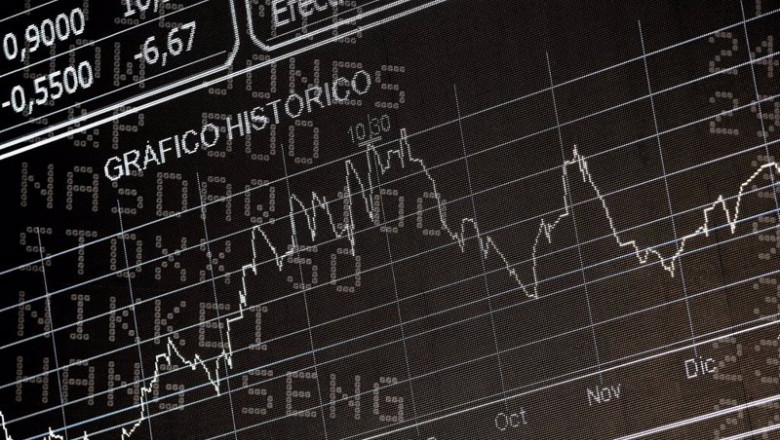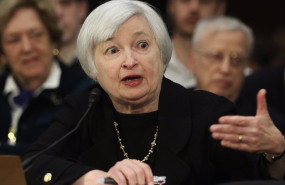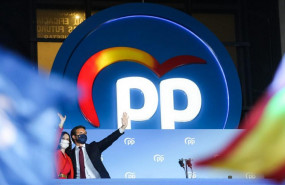
The European stock markets have resumed their rises this Wednesday with enthusiasm after the sales last session which, in the case of the Dax, was especially marked (-2.5%). The Ibex, which rose more than 1% and touched the long-awaited resistance of 9,000 points, turned around and ended up closing with 0.7% declines. Although today it has moved forward again with enthusiasm and has once again reached the edge of 9,000 points, with a revaluation of 1.56% (8,967.80 points), a new annual maximum in closing prices.
- 11.431,000
- -0,32%
"A number of reasons have been offered to explain yesterday's declines, some more credible than others, with the usual 'Sell in May and go away' among them," said Michael Hewson, chief analyst at CMC Markets in London. "The most likely reason is nothing more than a cash in sales after last week's lows gave way, in what looks like the classic technical selling," he adds.
Within the Spanish selective, Siemens Gamesa, after announcing a large order for wind turbines, ArcelorMittal, Grifols and Aena (it has received a valuation increase from Deutsche Bank) have been the most bullish.
On the negative side, the declines in PharmaMar stood out, after announcing a 65% drop in first quarter profit. Merlin Properties and Colonial also fell.
The US markets followed the path of Europe, with more notable cuts in the S&P and the Nasdaq, after the Secretary of the Treasury, Janet Yellen, put on the table the possibility of raising interest rates "to avoid an overheating of the economy "(although later rectified). In Asia, falls have also had more presence than rises (although the Chinese and Japanese stock markets have been on holiday all week).
FROM ELECTORAL RESULT TO PMI
Despite the fact that the electoral results usually have a very limited impact on the stock markets, especially the 'local' ones, there is no doubt that investors are very aware this Wednesday of what happened yesterday in Madrid, with the resounding triumph of Isabel Díaz Ayuso. The Madrid electorate seems to have rewarded, among other things, Ayuso's management of the economy in the midst of the crisis of the pandemic. The president of the Community of Madrid said that she wants to start working "freely" from today, starting with a tax cut.
Apart from this, investors are watching the macro data, with the publication of the PMI services for April in Europe and the US (in Spain, the PMI has improved to 54.6 from 48.1, well above the forecast of 50).
On the other side of the Atlantic, the employment data of the ADP consultancy for April has also been known (742,000 jobs were created, a great figure but below the 800,000 anticipated), a prelude to last month's employment report that will be published there on Friday.
In addition, here in Spain, unemployment has fallen by 39,012 people in April, its best figure this month since 2012. In addition, the Government has indicated that its tax reform will not come into force until 2023, and that tolls on the highways are not they contemplate until 2024.
On the other hand, in the business field, results are still being known. In addition to those of PharmaMar, Liberbank and Unicaja have published theirs, with an improvement in profit in the case of the former of 16.8% in the first quarter despite carrying out a write-down of 38 million euros. Unicaja's profit, meanwhile, fell 7.4% to 43 million.
OTHER MARKETS
The euro falls in value 0.1% and trades at $ 1.20. Oil is up 1.2%, with Brent at $ 69.77 and West Texas at $ 66.56.
Gold is up 0.5% ($ 1,783) and silver is trading flat ($ 26.56).
Bitcoin is up 5% to $ 57,220, and Ethereum is down 1% ($ 3,338).
The yield on the 10-year American bond stands at 1.605% and the yield on the 10-year Spanish bond has risen by almost 3%, to 0.44%.




